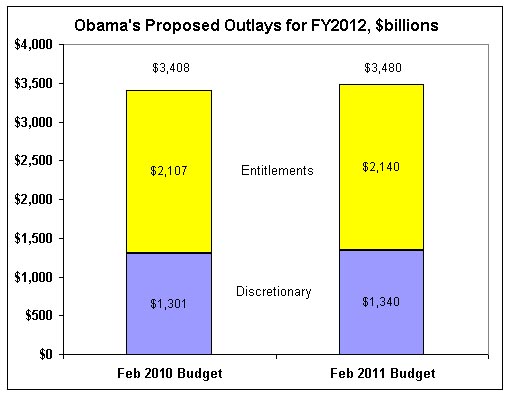Permanent link for article #0012:
09-18-2009

Permalink
|
Subject: The Ideas of the Next Generation
In an opinion piece titled
"More From Our Citizens...",
and published in The Citizen, the student newspaper of the
Harvard Kennedy School, Zachary Kushel writes:
"Today, the burden of American security is borne by too few of
our citizens. It is time we required more from young Americans
and made mandatory a term of national service upon graduation
from high school. Rather than require military service, young
Americans should have the option to serve in a capacity that
includes infrastructure works programs, civic education,
community organizing, and other service capacities."
There's that call for mandatory service (conscription)
again, and all in the name of fighting terrorism ... oh excuse me,
with this administration we don't use those words any longer ... in
the name of American security. And we will provide that
beefed up security by spending time on such things as community
organizing, no doubt being assigned to the nearest Acorn
militia group in your neighborhood.
But after touting the goal of enhancing American security, the author
completely ignores security matters and spends the majority of the
article on his real purpose:
"a mandatory term of service is the only way to link all
young Americans, to give them a common experience."
So, in the mind of this student, it is an appropriate function of our
government to bind us all together by way of a common experience.
For what purpose? To "give back" and "be a better nation
and a more united people". Exactly why is social unity such
a desirable goal? No reason is stated, so apparently it is supposed
to be obvious to all of us. And by what authority will this be done?
None given and none needed. Again, it is assumed as simply obvious
that the government may engage in this activity.
This is the depth of analysis we get from someone receiving a Harvard
education. I hope he is getting one of those government scholarship
and not paying full price!
Implicit in every call for public service is the collectivist's
assumption that the group, whether it be the community, society, or
the state, is of greater importance than the individual, and it
is the individual's duty to serve. This is the unstated premis that
must be challenged. Always attack the issue of national service at
it's core, ignoring the sundry details of each proposal as mere
distractions.
|







